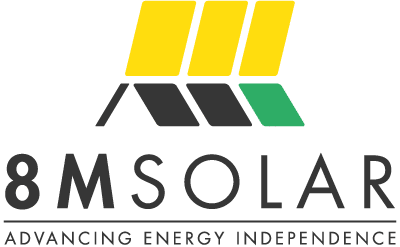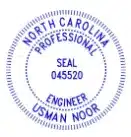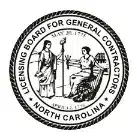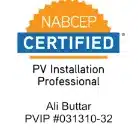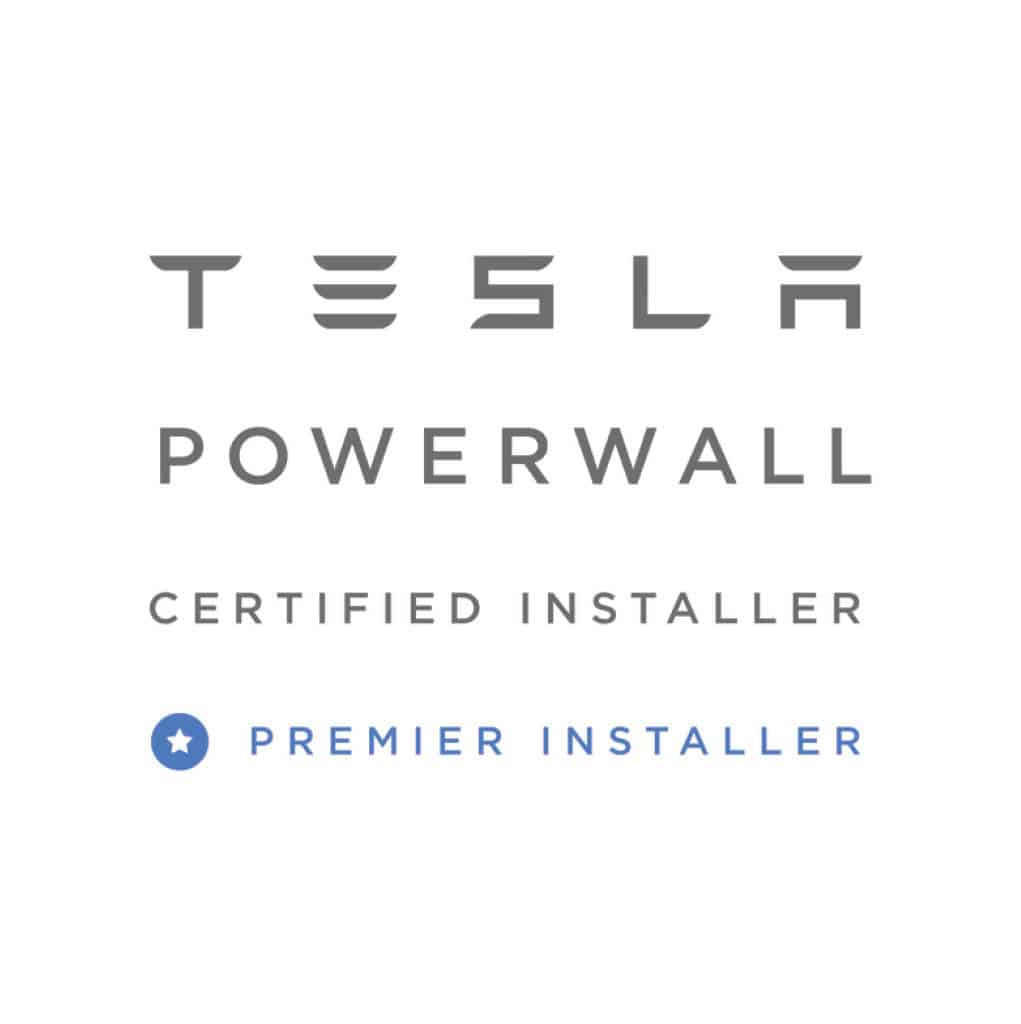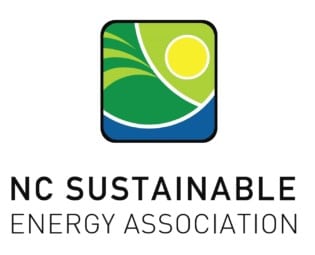When it comes to investing in solar energy, performance and reliability matter—and that’s where REC solar panels shine. Built with advanced technology and designed to withstand the test of time, REC panels are quickly becoming a top choice for homeowners who want a solar solution that delivers long-term value.
What sets REC apart isn’t just sleek design or high energy output—it’s the combination of innovation, durability, and a commitment to sustainability. These panels are engineered to perform exceptionally well even in less-than-perfect conditions, providing peace of mind for families across a wide range of climates.
From industry-leading efficiency to some of the strongest warranties on the market, REC solar panels offer more than just clean power—they offer confidence. Whether you’re aiming to reduce your electric bill, lower your carbon footprint, or increase the value of your home, REC delivers a solar experience built to last.
Let’s Get to Know REC
REC Group has established itself as a prominent player in the solar industry, known for their premium quality solar panels and innovative technology. Since their founding in 1996, they’ve built a reputation for manufacturing reliable, high-performance solar solutions while maintaining strong environmental standards.
The company’s journey began in Norway under the name “Fornybar Energi” (Norwegian for “renewable energy”) before rebranding as Renewable Energy Corporation (REC) in 2000. Originally utilizing Norway’s low-cost hydroelectricity to produce silicon for solar cells, REC has evolved into a global solar technology leader with production facilities strategically positioned to optimize quality and efficiency.
Their most notable technological innovation came in 2014 with the introduction of half-cut cell technology, which has since become an industry standard. By splitting solar cells into two halves, this design enhances efficiency and performance, particularly in partially shaded conditions. This commitment to innovation continues to define REC’s approach to solar panel design.
REC’s Company Evolution
REC’s history showcases its resilience and adaptability in the solar market:
- Norwegian Origins: Founded in 1996 in Norway, where they began producing silicon for solar cells using the country’s abundant hydroelectric power.
- Singapore Expansion: In 2010, REC completed their state-of-the-art manufacturing facility in Singapore, designed to reduce labor and assembly costs while maintaining strict quality standards.
- Strategic Focus: Following the success of their Singapore operation, REC ceased all Norwegian panel manufacturing, consolidating production to optimize efficiency.
- Ownership Changes: In 2015, REC was acquired by Elkem, a Norwegian company owned by the Chinese chemical corporation Bluestar, bringing new investment and resources.
- Current Ownership: In 2021, REC was sold to Reliance Industries, a major Indian conglomerate primarily involved in oil but diversifying into renewable energy.
- Consistent Quality: Throughout these transitions, REC has maintained their commitment to producing high-quality, innovative solar panels, continuously improving their technology.
Today, REC maintains their silicon production facilities in Norway while manufacturing all panels in Singapore. As of early 2023, they report having produced a total of 13.4 gigawatts of panels since their inception, with approximately 1.4 gigawatts produced in 2022 alone. While this makes them a smaller manufacturer compared to industry giants like Longi Solar, their focus on premium quality rather than volume production has been a successful strategy.

What Kind of REC Solar Panels Can You Get?
REC offers a versatile selection of solar panels designed for residential and commercial applications. Their product lineup emphasizes cutting-edge technology and exceptional performance, with the Alpha Pure and Alpha Pure-R series as their premium offerings.
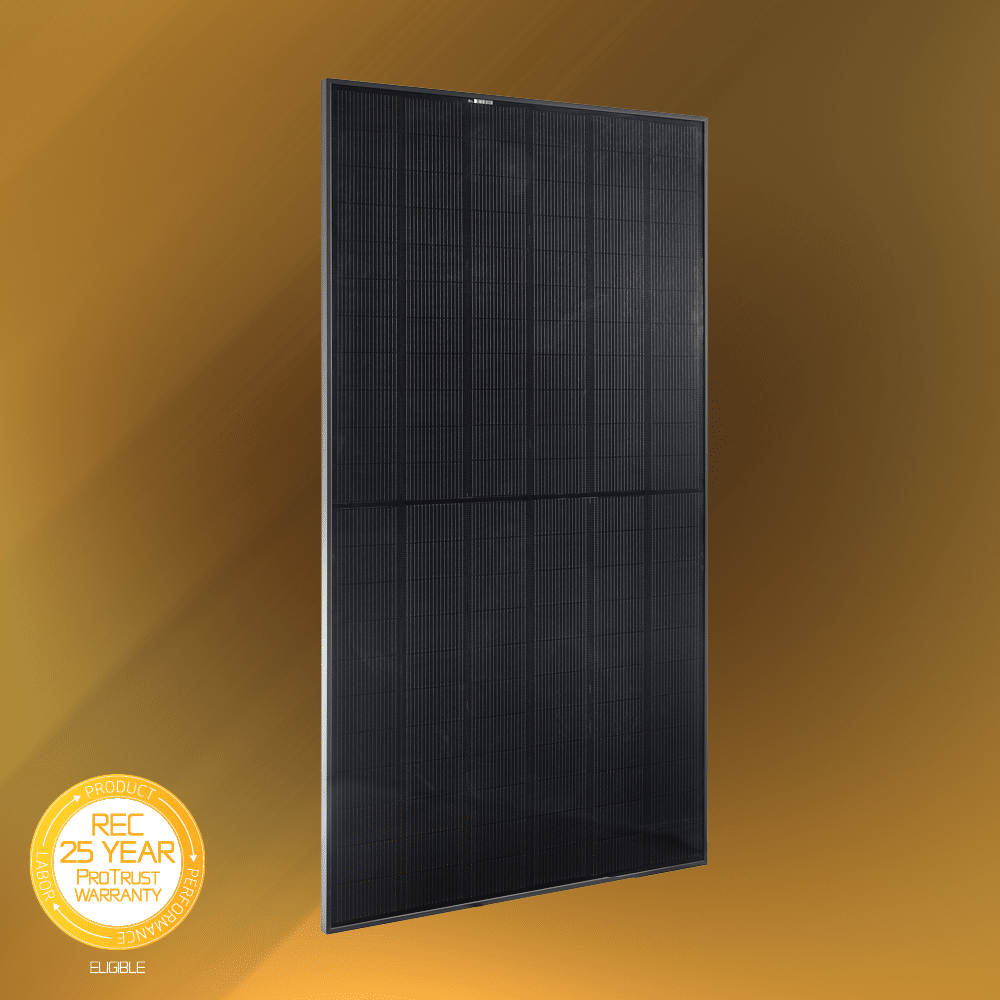
REC Solar Panel Series:
- Alpha Pure-R: Their latest and most advanced panels, featuring heterojunction technology and gapless cell connections for maximum efficiency.
- Alpha Pure: Premium panels known for excellent performance, lead-free design, and exceptional reliability.
- N-Peak 2: High-performance modules designed for consistent power output in varying conditions.
- TwinPeak 5: Cost-effective options with advanced technology for optimized energy production.
Panel Technology Overview:
All REC panels utilize monocrystalline technology, which employs single silicon crystals to enhance efficiency and temperature performance compared to polycrystalline alternatives. While monocrystalline panels usually command a higher price point, their superior performance benefits make them a preferred choice for long-term energy production.
Unique Technical Features:
Cell Type Differences:
- N-Peak 2: Uses n-type silicon, incorporating phosphorus for higher efficiency and durability.
- TwinPeak 5: Utilizes p-type silicon, which is boron-based and more cost-effective.
Advanced Cell Technology: The Alpha series integrates heterojunction (HJT) technology, blending traditional crystalline silicon with thin-film layers. This approach boosts power density, efficiency, and durability while extending the panel’s operational lifespan.
Environmental Leadership: All panels in the Alpha series are completely lead-free, earning the “Pure” designation. This eco-friendly feature reduces environmental impact, minimizes hazardous waste, and simplifies end-of-life recycling. REC’s commitment to sustainability extends to their production processes as well, with reductions in energy use and material waste.
Structural Strength: REC panels feature remarkably strong frames compared to industry standards. Rather than using simple rectangular frames, REC incorporates two cross bars that provide additional strength and stability. This design allows their panels to withstand up to 713kg per square meter on the front (30% more than typical panels) and 407kg per square meter on the back (67% more than usual).
Superior Hail Resistance: While the industry standard for hail resistance requires panels to withstand impacts from 25mm hailstones weighing 7.53g, REC panels are built to resist strikes from hailstones that are 35mm across and weigh 20.7g. This durability provides additional protection in severe weather conditions.
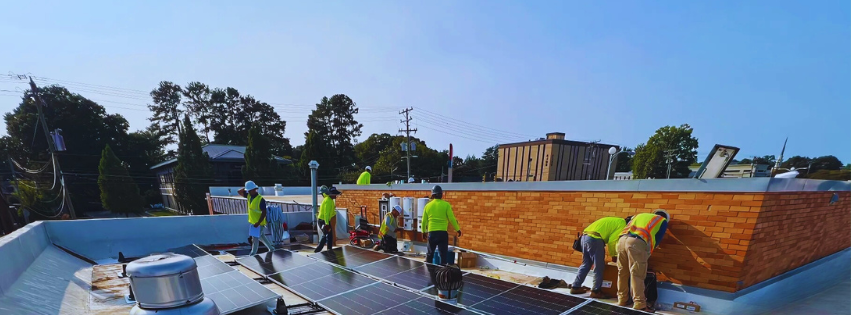
How Do REC Solar Panels Measure Up?
When evaluating solar panel quality, four metrics stand out: efficiency, performance in varying conditions, warranty coverage, and cost. Let’s examine how REC panels perform across these areas.
Efficiency
Solar panel efficiency indicates how effectively a panel converts sunlight into usable electricity. Under identical conditions, a higher-efficiency panel will generate more electricity than a less efficient panel of the same size, making efficiency a crucial factor when roof space is limited.
REC panel efficiency varies by series:
- TwinPeak 5: 20.1% to 20.8%
- Alpha Pure: 21.1% to 22.2%
- Alpha Pure-RX: 21.6% to 22.8%
As of 2025, the Alpha Pure-RX maximum efficiency of 22.8% approaches the highest commercially available levels in the solar industry. While any panels with efficiencies over 20% are generally considered high-efficiency products, REC’s Alpha series stands out even in this premium category.
If your roof has ample space for the system size you desire, efficiency may be less critical. If you’re working with limited space and want to maximize power output, REC’s high-efficiency panels offer an excellent solution.
Performance (Temperature Coefficient)
The temperature coefficient measures how a solar panel’s performance changes as temperature increases. Since solar panels operate most efficiently at around 25°C (77°F), this coefficient shows how much a panel’s output decreases for each degree above this temperature.
REC panels shine in this area, especially their Alpha series. Here’s how they compare:
- TwinPeak 5: -0.34%/°C (typical for quality panels)
- Alpha Pure and Alpha Pure-RX: -0.24%/°C (among the best in the industry)
This means that when operating at 45°C (a realistic temperature for panels on hot days):
- TwinPeak 5 panels maintain 93% of their rated output
- Alpha Pure panels maintain 95.2% of their rated output
While this difference may seem small, it can translate to approximately 1% higher annual energy production in hot climates—a meaningful advantage over the 25+ year lifespan of your solar system.
Panel Dimensions
REC’s panel series have different dimensions, which may affect installation options depending on your roof configuration:
- TwinPeak 5: 1.9m by 1.04m
- Alpha Pure: 1.82m by 1.02m
- Alpha Pure-RX: 1.73m by 1.21m (shortest but widest)
These varying dimensions can be advantageous when designing a system for specific roof layouts, allowing for more panels or better arrangement in some situations.
Warranties
Solar panel warranties include two components: a product warranty covering manufacturing defects and a performance warranty guaranteeing minimum power output over time.
REC offers industry-leading warranty coverage:
Product Warranty:
- Standard: 20 years
- When installed by REC certified professionals (like 8MSolar): 25 years
Performance Warranty (25 years): All REC panels are guaranteed to maintain at least 98% of their original capacity in the first year. After this initial period:
- TwinPeak 5: Maximum annual degradation of 0.5% (86% capacity after 25 years)
- Alpha Pure and Alpha Pure-RX: Maximum annual degradation of only 0.25% (92% capacity after 25 years)
The Alpha series’ 0.25% annual degradation rate is exceptional, matched by very few competitors in the industry. This translates to more energy production over the system’s lifetime.
REC’s ProTrust Warranty also covers labor costs for 25 years for systems under 25kW when installed by certified partners. While this is required under Australian Consumer Guarantees, it demonstrates REC’s confidence in their product quality and commitment to customer satisfaction.
Environmental Leadership
REC demonstrates exceptional commitment to environmental responsibility throughout their manufacturing process and product design.
Lead-Free Design
All REC Alpha Pure panels are completely lead-free, complying with the Regulation of Hazardous Substances (RoHS) directive. Unlike conventional panels that use lead solder, REC has eliminated lead entirely from their Alpha series, making recycling easier and safer at the end of the panel’s life cycle.
Beyond lead elimination, REC panels contain no detectable levels of nine other hazardous substances covered by RoHS standards, further reducing their environmental impact.
Energy-Efficient Production
REC has implemented impressive improvements in their manufacturing processes:
- 61% reduction in energy required to produce silicon wafers
- Energy needed to produce 1kg of silicon wafers reduced from 132kWh to 52kWh
- Singapore factory decreased energy use per kW of panels by 28% since 2020
- 1.8% of factory energy comes from rooftop solar panels
These efficiency gains result in a remarkably short energy payback period. A typical REC panel installed on an Australian roof will generate as much energy as was used in its production in less than six weeks—an impressive achievement for environmental sustainability.
How Much Do REC Solar Panels Cost?
For many homeowners, cost is a decisive factor when selecting solar equipment. The total investment for a REC solar system depends on several factors, including additional equipment (inverters, mounting hardware), roof characteristics, and installation complexity.
As of 2025, solar panel prices across all brands range from $2.40 to $3.22 per watt before incentives. REC panels command a premium price, typically between $2.75 to $3.50 per watt, reflecting their advanced technology, superior efficiency, and exceptional warranties.
It’s important to note that these figures represent only the panels themselves, not including other system components, installation labor, permits, or additional fees. The federal solar tax credit and potential state or utility incentives can reduce your net investment.
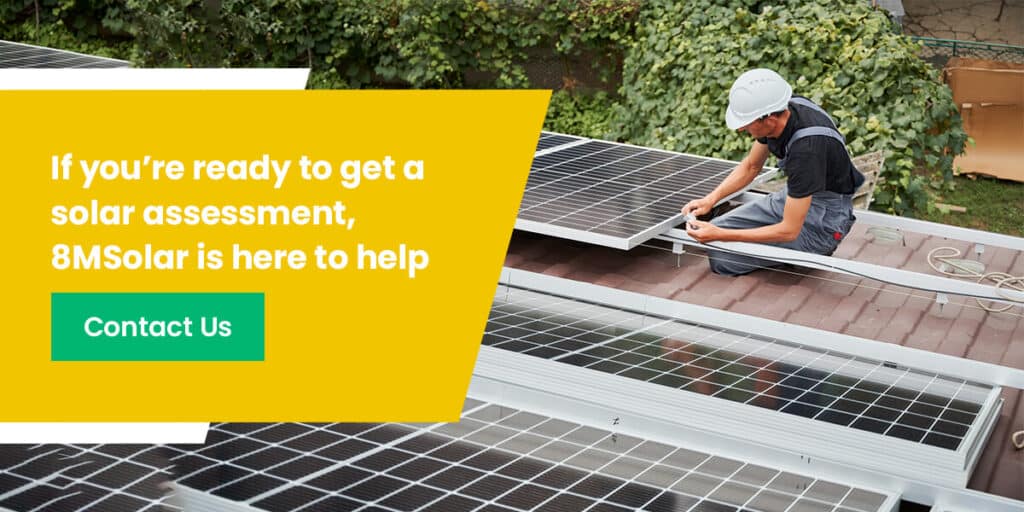
Are REC Solar Panels Right for You?
While REC panels may require a higher initial investment than some alternatives, their combination of premium features offers compelling value for discerning homeowners:
- Efficiency Advantage: Higher energy production from limited roof space
- Temperature Performance: Better output during hot weather compared to standard panels
- Durability: Reinforced frames and superior hail resistance for long-term reliability
- Warranty Protection: Comprehensive 25-year coverage on product and performance
- Environmental Leadership: Lead-free design and energy-efficient manufacturing
For homeowners seeking a premium solar solution that delivers exceptional performance, reliability, and environmental benefits, REC panels are an excellent choice. Their higher efficiency and lower degradation rates can provide superior returns on investment over the system’s lifetime.
8MSolar is a certified REC installer, ensuring you receive the maximum 25-year warranty coverage and expert installation. Contact us today to learn more about REC solar panels and receive a customized quote for your home.
